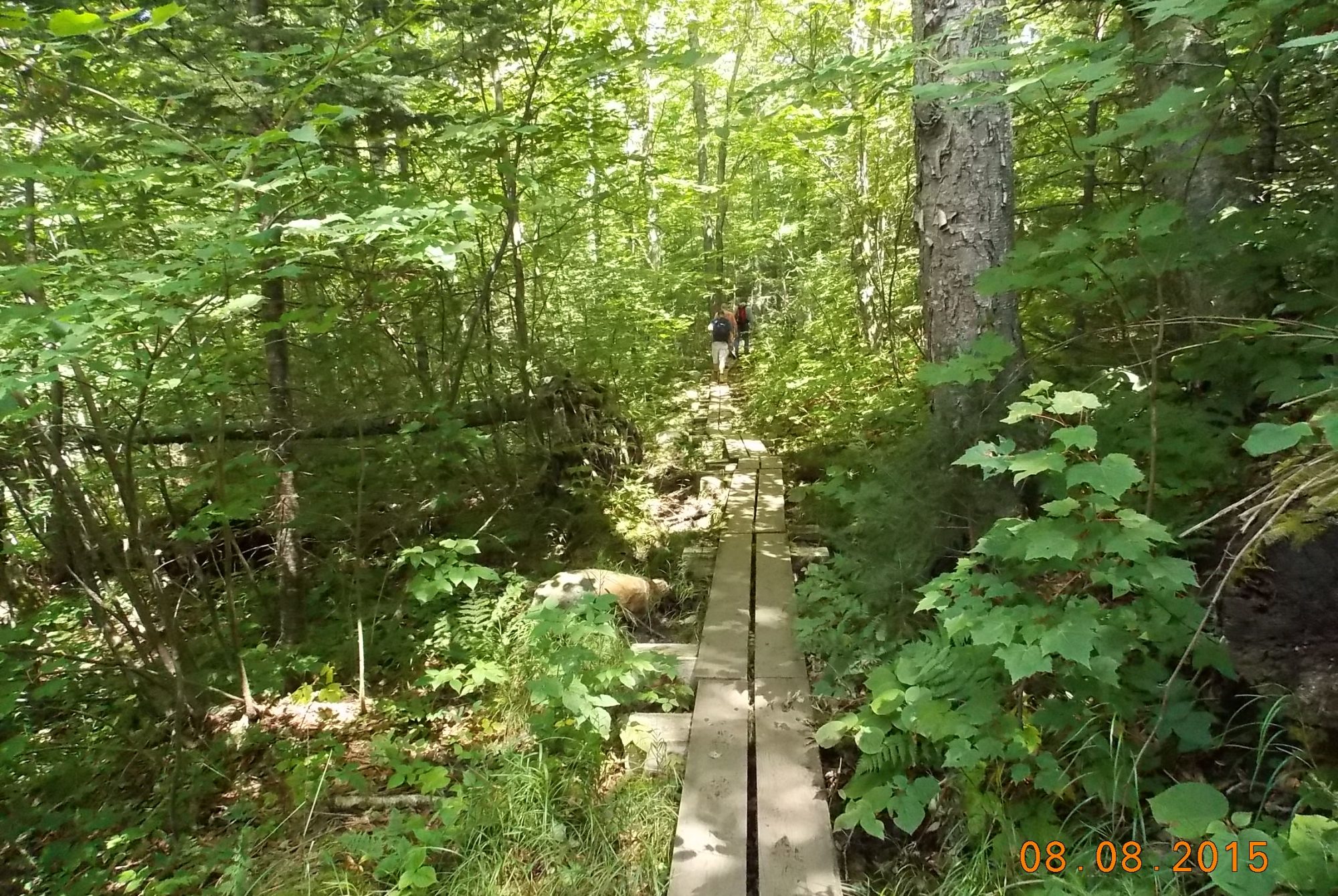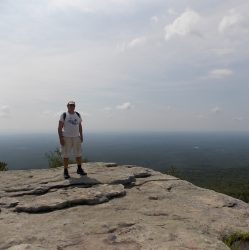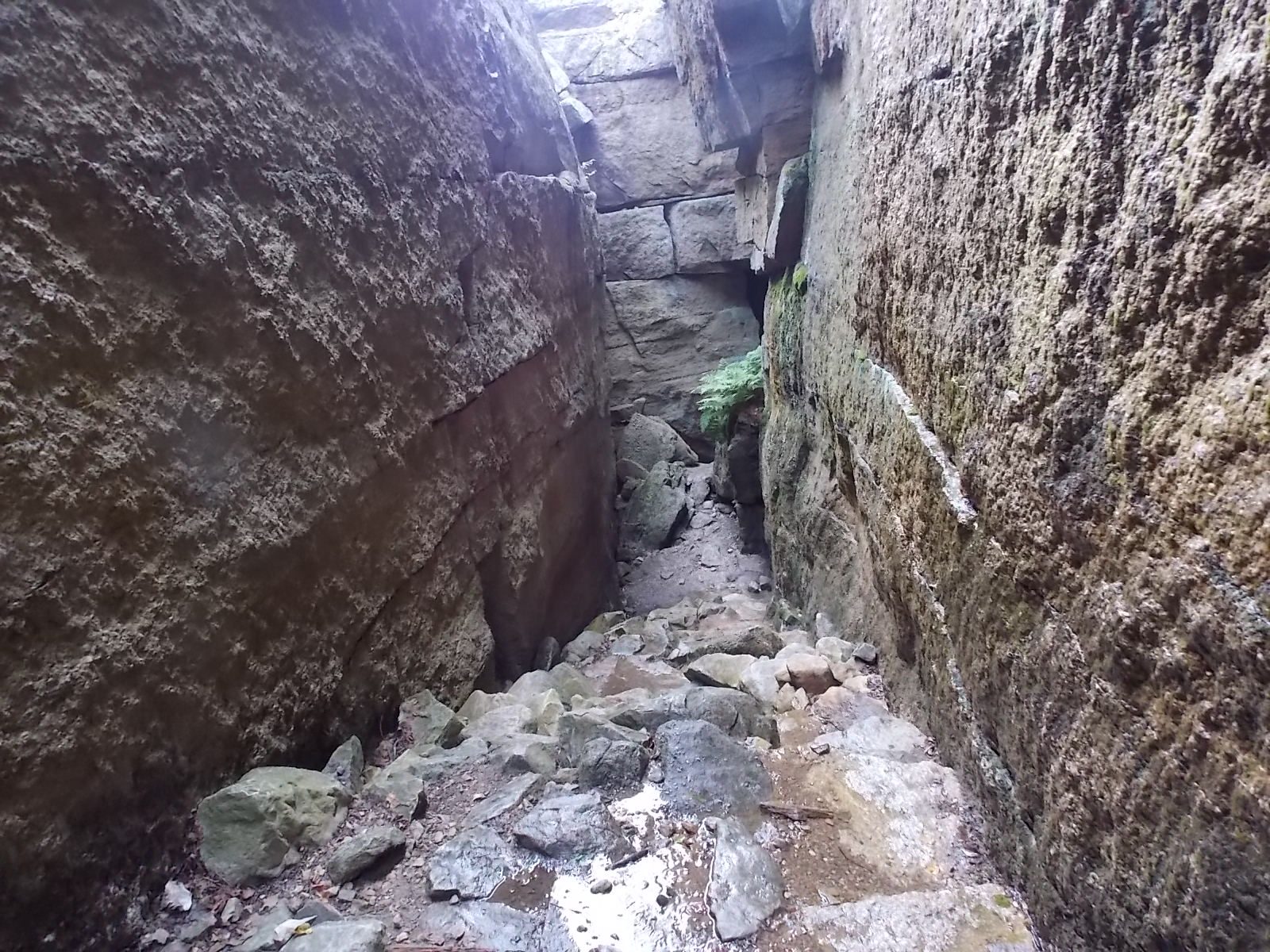Climate Change Denial Syndrome is the state of being effecting a person, group or entity that denies experiential and scientific authentication of carbon based atmospheric climate change.
The definition of a syndrome is a) a group of signs and symptoms that occur together and characterize a particular abnormality or condition; b) a set of concurrent things (such as emotions or actions) that usually form an identifiable pattern.
A syndrome is a preferred definition over disorder because those who deny climate change are likely to be fully functioning in their lives and community systems, exhibiting no confusion about their beliefs. They are likely law abiding people who function well in society with normal physical appearance.
The Primary Directive of Earthlobbyist is to meet people so we can talk with them about their climate change beliefs, where they live which can be accomplished only by physical travel. An Earthlobbyist will visit public meetings, coffee-shop, beauty salon, diner, bar, house of worship, sports event or school and just talk with people. For this I seek sponsorship and others who will join me making this same commitment
A diagnosis of Climate Change Denial Syndrome can be made based on individual or group refusal to consider and debate existing factual, concurrent information regarding climate change caused by atmospheric carbon beginning in 1860. Examples of C.C.D.S. include: a) believing news and science that does not correspond with the academic /scientific consensus, or b) believing the current stasis of the earth is a natural phenomena occurring in a normal cycle of evolution.
Individual or group denial is reinforced by repeating obsolete fantasy and conjecture while refusing to consider actual, concurrent events including, but not limited to ocean acidification, deforestation, jet stream disruption, severe weather frequency, drought, sea level change, and species extinction. This affliction displays identifiable behavior and speech observed in individuals and groups who deny the experiential and scientific authentication of carbon based atmospheric climate change.
On Nov 5, 2019 a team of 11, 224 World Scientists published and co-signed the “Warning of Climate Emergency” , a comprehensive, easy read presentation that clearly explains the urgency of our situation with a manageable action plan.
Individuals and communities suffering from Climate Change Denial Syndrome may verbally attack or disassociate from people who do not accept a false story of a) everything being OK, b) that there is nothing we can do, and c) that it does not matter because we will all be dead soon
Climate Change Denial Syndrome is *IMO* a systemic condition reinforced by the person’s immediate sphere of influence. It may be difficult for a person or group to take a demonstrable position opposing carbon based atmospheric pollution while supporting sustainable civilization because their family, friends, colleagues, employers, faith community, social networks and groups ( sports, travel, entertainment, community service, school, recreational, internet based ) present the same symptoms of Climate Change Denial Syndrome.
| Here are three more resources to help people with Climate Change Denial Syndrome
Skeptical Science — lists 197 misconceptions and lies next to the science & research. Climate Change: How Do We Know? — NASA explores the evidence, causes and effects of climate change. The 12 Questions Every Climate Activist Hears and What to Say — elevator responses, which should be delivered politely, with understanding of the investment in denial |
Climate Change Denial Syndrome Withdraw is the longitudinal experience of an individual or group evaluating their current belief systems, then comparing these beliefs to the existing fund of knowledge about Atmospheric Carbon Based Climate Change. As the individual or group gains new information, their confidence increases as they gain the ability and confidence to respectfully discuss their new perspective with others by asking questions and sharing their evolving experience.
Earthlobbyists refrain from arguing or labeling people and groups who suffer from Climate Change Denial Syndrome as we know this causes division and isolation, choosing instead to confidently state our positions and encourage others to do their research, then have another conversation. It s important to show respectful conversational interest in Climate Change Deniers so we can learn how they maintain their belief systems.
“Climate Change Denial Syndrome” Copyright 12.12.18 by David Carr
The following resources provide insight and understanding about why people have Climate Change Denial Syndrome.
The Ideology of Climate Change Denial in the United States (2014) The concerted effort to discredit the scientific consensus over man-made global warming has been continuing for two decades in the United States, and shows no sign of weakening. It is very often described as an attempt on the part of corporate America, most notably the fossil fuel industries, to hinder governmental regulations on their activities.
The 45th President of the USA showed many symptoms of CCDS including forcing the U.S. to leave the Paris Agreement in November 2020 after a yearlong waiting period had ended. The 45th administration rolled back carbon pollution limits from power plants, cars, trucks and fossil fuel operations causing USA carbon emmissions to slightly rise from 2017-2018. CCDS persists in the face of great evidence due to the greed of politicians addicted to carbon revenue politial donations.
Extreme winter weather in Texas and many other central / southern United States in the Winter of 2021 remind us that climate change is real, not to mention te Wildfires and droughts experienced in the midwest, floods in the South and multiple East Coast Tornadoes, which were historically late and numerous, in November 2021 .
87% of surveyed Australians accept that climate change is real and happening and driven in some way by human behavior.
The Seven Dragons of Inaction (2010) 1) Limited cognitions , 2) Other people, 3) Perceived risks, 4) Discredence, 5) Ideologies, 6) Sunk costs, 7) Limited behaviour
The APA Task Force on the Interface Between Psychology and Global Climate Change (2008) Among the topics addressed in this report are: Perceptions of global warming, actual climate change risks, ethical-social justice implications of climate change and psychological barriers that limit individual and collective action on climate change.
Mental Health and Our Changing Climate: Impacts Implications and Guidance (2017) ” Introduction: The health, economic, political, and environmental implications of climate change affect all of us. The tolls on our mental health are far reaching. They induce stress, depression, and anxiety; strain social and community relationships; and have been linked to increases in aggression, violence, and crime. Children and communities with few resources to deal with the impacts of climate change are those most impacted.” This is an updated and expanded version of the the American Psychological Association and ecoAmerica report , Beyond Storms & Droughts: The Psychological Impacts of Climate Change (2014) , which explored how climate change can impact mental health and provided guidance to engage the public.


